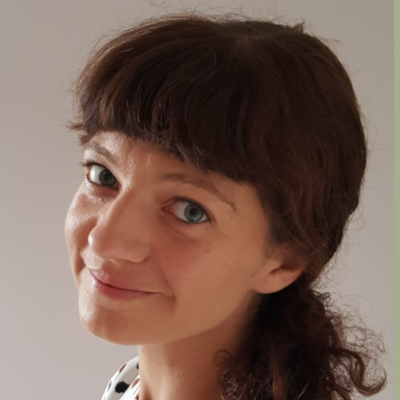Making time
Time. Lack of it, the dragging of it, the passing of it, is a theme that is often present in my consulting room. Human beings are drawn almost fatalistically to go to battle with the concept of time. Often, we talk about wanting time to stand still or a desire to go back in time and sometimes we speak of wanting to jump forward in time. Clients that are regularly late will spend much of their sessions fixated with a sense that time is running out, that there isn’t enough of it. They are right. There isn’t enough time, not enough to be doing all the things we feel we should be doing, but there is just the right amount of time to do the things that we need to do. The problem lies in that we have become unaccustomed to being able to recognise what those things are.
A recent survey shows a significant decline in the number of pre-school children being read to daily. Research tells us that this poses a significant threat to child development and yet one of the main reasons for not sharing stories with our children according to the parents asked is “the struggle to find energy at the end of the day.” Our days are too full to prioritise these important activities, but full of what?
It is estimated that half a million people in the UK suffer from work related stress, symptoms can involve complete collapse but more often this stress manifests in anxiety, low mood or a feeling of detachment – there is little energy for authentic human contact when you are managing chronic stress. The way in which many of us live now is robbing us of joy. The evening emails, the working weekends, the sleepless nights forming arguments for or against budget proposals have taken the place of watching favourite soaps, sitting in the garden, intimacy with our partners and reading with our children.
The idea that working less will make us more successful is a difficult one to accept unless you begin to look at what your definition of success is. It has become usual to equate the ownership of many nice things and the expensive holidays as signifiers of a happy life, but who are we signifying to? Bronnie Ware, an Australian palliative care nurse, spent time recording wishes and regrets from the dying patients that she came into contact with. Number one on her list of regrets of the dying is “I wish I’d had the courage to live a life true to myself, not the life others expected of me." As it so happens number two is “I wish I hadn’t worked so hard” and number three “I wish I’d had the courage to express my feelings.”
If you are struggling to find time, my advice would be to make a little space to recognise and express how you are feeling and work out what it is that is important to you and then be brave enough to put those things first. The emails can wait. If you feel like you are suffering with stress, anxiety or feelings of detachment, make some time to sit down with a counsellor or a friend who can help you and support you through this time.

Find a therapist dealing with Anxiety
All therapists are verified professionals






